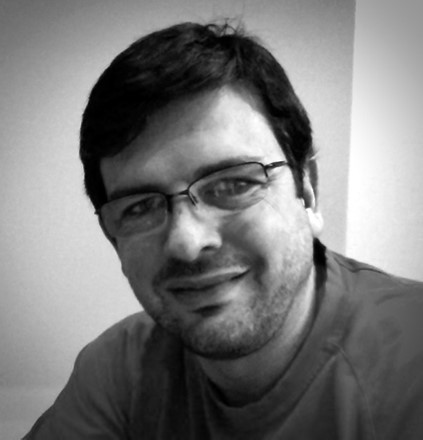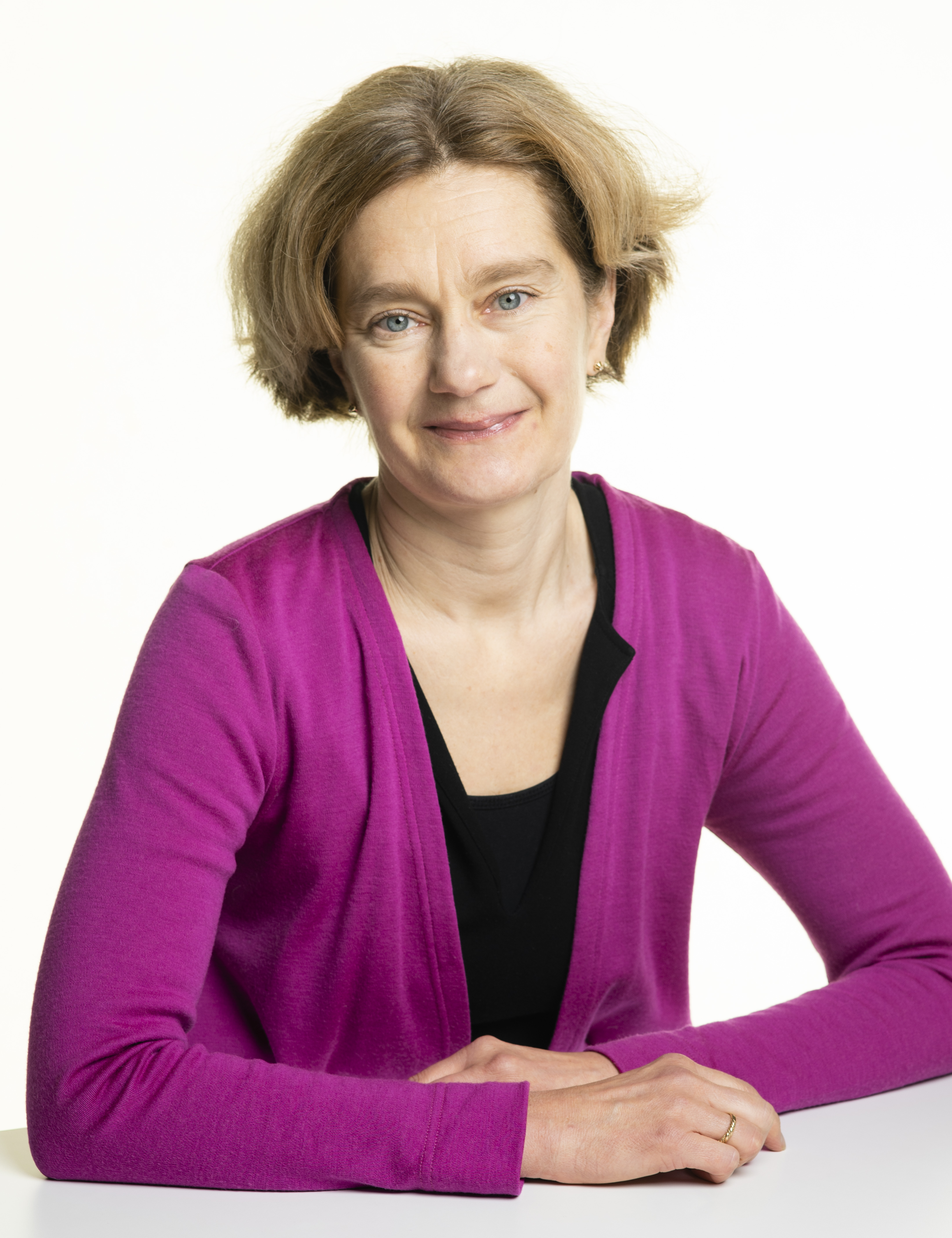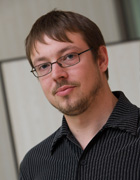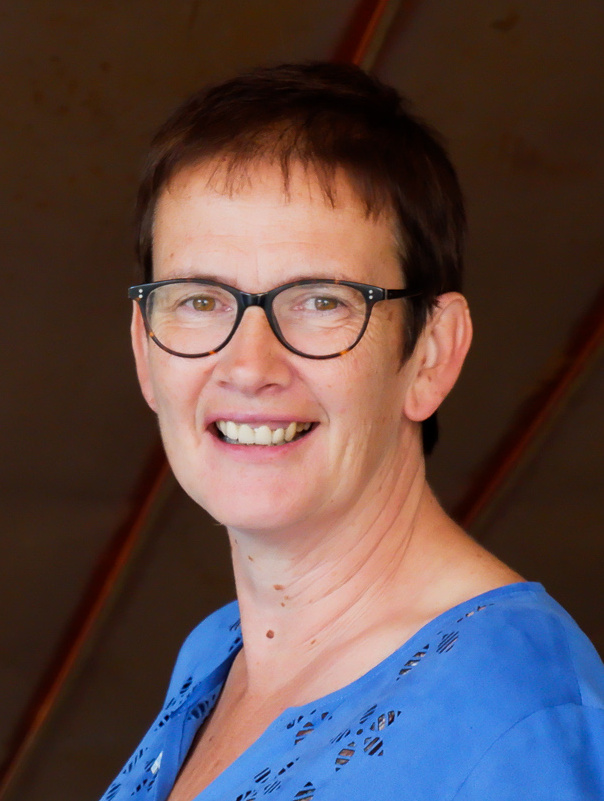Nigel Francis
 Dr Nigel Francis is a senior lecturer in immunology and the digital education lead in the School of Biosciences at Cardiff University. His research focuses on enhancing immunology education using digital tools, including integrating the use of Generative AI. Nigel is an award-winning lecturer, having received the British Society for Immunology’s Teaching Excellence Award, the Royal Society of Biology’s Higher Education Biosciences Teacher of the Year Award and a National Teaching Fellowship from Advance HE, with whom he also holds Senior Fellow status.
Dr Nigel Francis is a senior lecturer in immunology and the digital education lead in the School of Biosciences at Cardiff University. His research focuses on enhancing immunology education using digital tools, including integrating the use of Generative AI. Nigel is an award-winning lecturer, having received the British Society for Immunology’s Teaching Excellence Award, the Royal Society of Biology’s Higher Education Biosciences Teacher of the Year Award and a National Teaching Fellowship from Advance HE, with whom he also holds Senior Fellow status.
Janna Pietikäinen
 Dr Janna Pietikäinen is senior lecturer in environmental studies and Vice-Dean for Academic Affairs & Sustainability, Faculty of Agriculture, University of Helsinki.
Dr Janna Pietikäinen is senior lecturer in environmental studies and Vice-Dean for Academic Affairs & Sustainability, Faculty of Agriculture, University of Helsinki.
Her research is focused on environmental issues within forestry and food production. In teaching and learning, and in education more generally, she focuses on environmental and sustainability sciences. She is specialised in inter- and transdisciplinary teaching within sustainability science, and she is member of the distinguished Teachers’ Academy at the University of Helsinki
Markus Schatten
Mar kus Schatten is a full professor and the head of the Artificial Intelligence Laboratory on the Faculty of Organization and Informatics, University of Zagreb. He has defended his PhD thesis inthe field of information and communication sciences, has a master thesis in information sciences and a diploma in information systems. He authored over 110 scientific and professional papers and two books. He is holding lectures on all university degrees (bachelor, master, specialist, doctoral) in the fields of database systems, semantic modeling, programming and artificial intelligence. His field of research includes artificial intelligence and its application to various domains including but not limited to multiagent systems, virtual assiszants, computer games, the Internet of Everything, social web mining and autopoiesis theory.
kus Schatten is a full professor and the head of the Artificial Intelligence Laboratory on the Faculty of Organization and Informatics, University of Zagreb. He has defended his PhD thesis inthe field of information and communication sciences, has a master thesis in information sciences and a diploma in information systems. He authored over 110 scientific and professional papers and two books. He is holding lectures on all university degrees (bachelor, master, specialist, doctoral) in the fields of database systems, semantic modeling, programming and artificial intelligence. His field of research includes artificial intelligence and its application to various domains including but not limited to multiagent systems, virtual assiszants, computer games, the Internet of Everything, social web mining and autopoiesis theory.
He has participated in about 15 scientific and professional projects including a few international ones (FP7, COST, Erasmus+, EEAGrants). He lead a scientific installation project (ModelMMORPG Large-scale Multi-agent Modeling of Massively Multi-player on-line Role Playing Games), is currently leading a research project (O_HAI④Games - Orchestration of Hybrid Artificial Intelligence Methods for Computer Games) both sponsored by the Croatian Science Foundation.
Mieke Uyttendaele
 Prof. Mieke Uyttendaele has a diploma of Bio-Science Engineering (1992) and PhD in Applied Biological Sciences (1996) from the Faculty of Bio-Science Engineering, Ghent University, Belgium. She continued to work as a postdoc with a funding from the Belgian National Fund of Scientific Research (current FWO-Flanders) at Ghent University. Since October 2014 she was appointed as Full Professor at Ghent University with tasks both in university education, research and scientific services and outreach. In 2018-2020 she was Head of the Dept of Food Technology, Food Safety & Health at UGent. Since the Academic Year 2020-2021 she serves as the Faculty Director of Studies and Internationalization (and is Head of the Faculty Office of Educational Support) and as such also is member of the Faculty Management Board Team and Faculty Council of the Faculty of Bio-Science Engineering.
Prof. Mieke Uyttendaele has a diploma of Bio-Science Engineering (1992) and PhD in Applied Biological Sciences (1996) from the Faculty of Bio-Science Engineering, Ghent University, Belgium. She continued to work as a postdoc with a funding from the Belgian National Fund of Scientific Research (current FWO-Flanders) at Ghent University. Since October 2014 she was appointed as Full Professor at Ghent University with tasks both in university education, research and scientific services and outreach. In 2018-2020 she was Head of the Dept of Food Technology, Food Safety & Health at UGent. Since the Academic Year 2020-2021 she serves as the Faculty Director of Studies and Internationalization (and is Head of the Faculty Office of Educational Support) and as such also is member of the Faculty Management Board Team and Faculty Council of the Faculty of Bio-Science Engineering.
Since 2004 Prof. Uyttendaele, being responsible for aspects on food safety, leads The Reseach Unit Food Microbiology and Food Preservation (FMFP) -part of the Department of Food Technology, Food Safety and Public Health at UGent - together with Prof. Devlieghere, responsible for food preservation. The FMFP research unit aims at answering societal challenges regarding worldwide safe food and prevention of food waste by creating quantitative and qualitative insights in the behavior of micro-organisms in the food supply chain. Throughout her career Prof. Uyttendaele, has published more than 280 peer reviewed scientific papers (h-index 56) mainly dealing with Campylobacter, Listeria monocytogenes, Salmonella, Bacillus cereus and Norovirus in both products from animal and non-animal origin relating to detection methods, prevalence studies, control measures and risk assessment.
